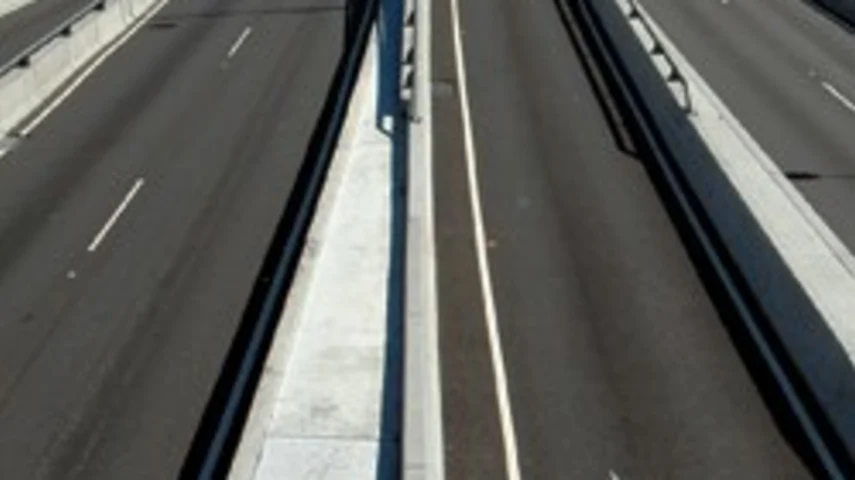Call for SMSF presence in infrastructure sector



Self-managed super funds (SMSFs) should be compelled to put some money into the country's infrastructure assets, according to chairman of retirement income at Challenger, Jeremy Cooper.
Cooper said it would be in the national interest if the superannuation system and the country's infrastructure needs were better married together through directed investment - but that SMSFs needed to pull their weight.
"One of the most crying areas of concern is that the self-managed sector that is currently worth around $440 billion dollars and growing, its exposure to infrastructure is about zero and someone's got to work out a way of getting some of that money into well-managed, conflict-free and highly diversified infrastructure," he said.
Panelists were discussing directed investment at the Financial Services Institute of Australasia conference in Sydney.
QSuper head of funds management Charles E. Woodhouse said the Australian superannuation industry were "natural owners" of infrastructure.
He said although fund managers often had a private equity style, if super funds spent a lot of time negotiating their alignment, directed investment had its advantages.
"The Australian superannuation industry is large and growing and we can potentially be very long-term holders of good businesses…our timeframes can be very closely aligned to the vendor's timeframes," he said.
However he said economic woes overseas were slowing QSuper's acquisition of new assets.
Troy Rieck, managing director, QIC Capital Markets questioned what the impact of global low yields would be on illiquid assets. He said infrastructure was not an asset that could be unwound easily.
The biggest risk with directed investment was that political risk had become a real thing in terms of economics and finance: insurance premiums were not guaranteed and big pools of retirement savings looked appealing to governments in times of need, according to Rieck.
"The superannuation industry looks like a honey pot and for the politicians desperate for money; directed investment becomes a real risk for the industry," he said.
Recommended for you
The impact of identity theft and its threat to superannuation savings were highlighted in a case that went before the Federal Court at the end of 2023.
A recent NSW Supreme Court decision is an important reminder that while super funds may be subject to restrictive superannuation and tax laws, in essence they are still a trust and subject to equitable and common law claims, says a legal expert.
New research from the University of Adelaide has found SMSFs outperformed APRA funds by more than 4 per cent in 2021–22.
The SMSF Association has made a number of policy recommendations for the superannuation sector in its pre-budget submission to the government.










